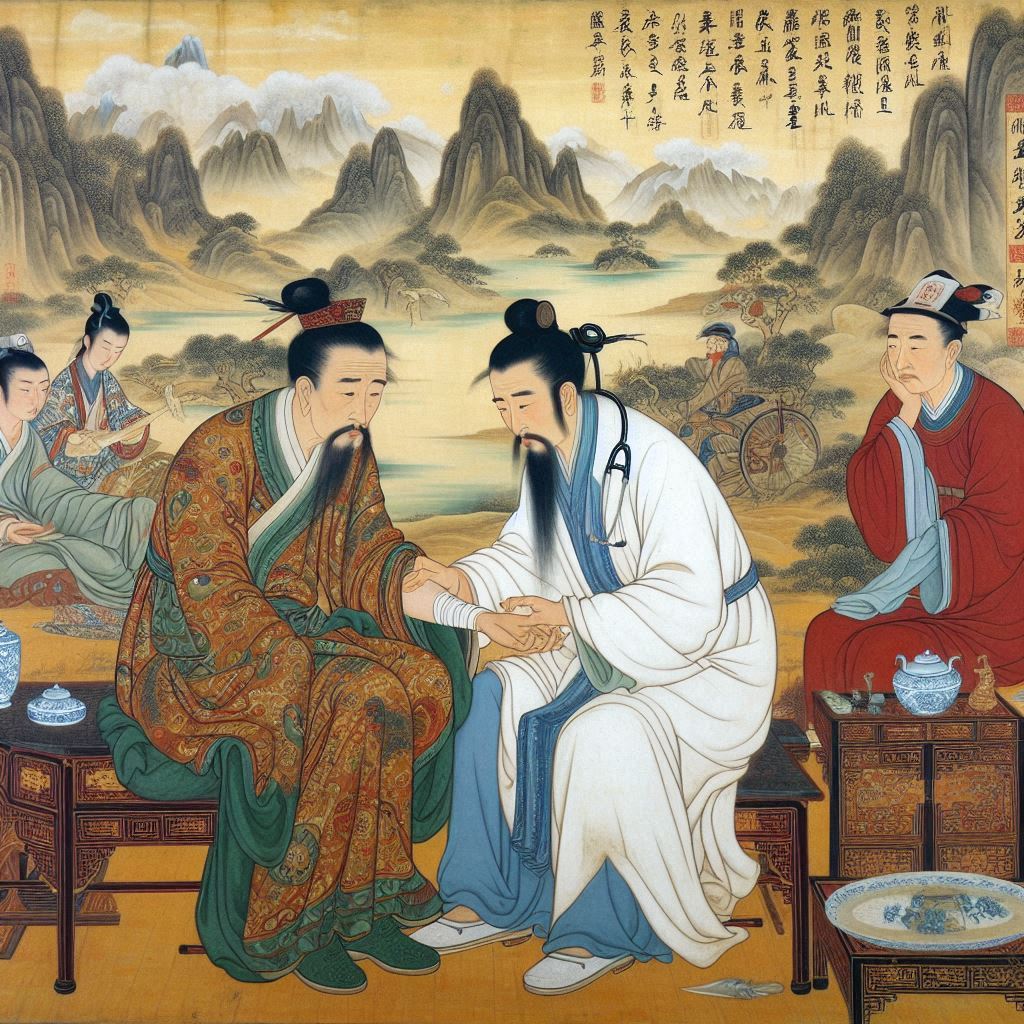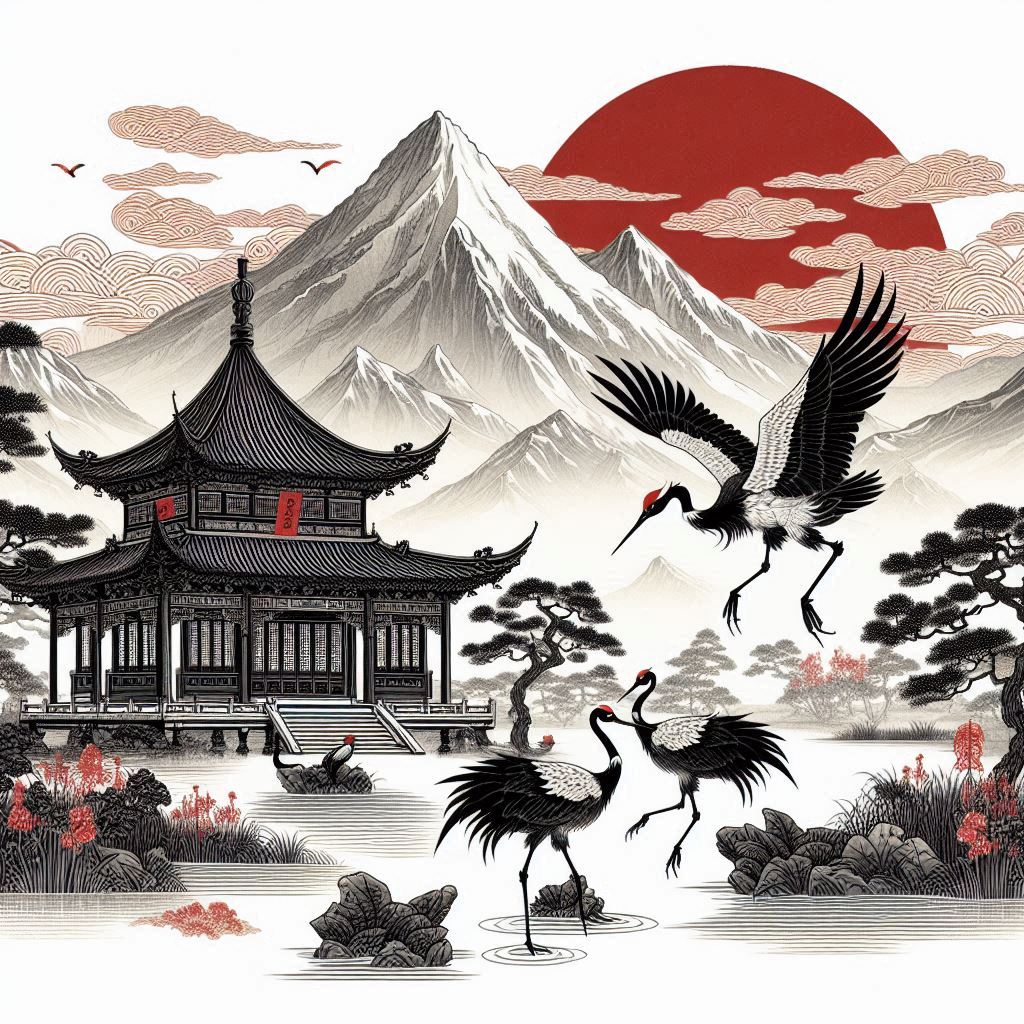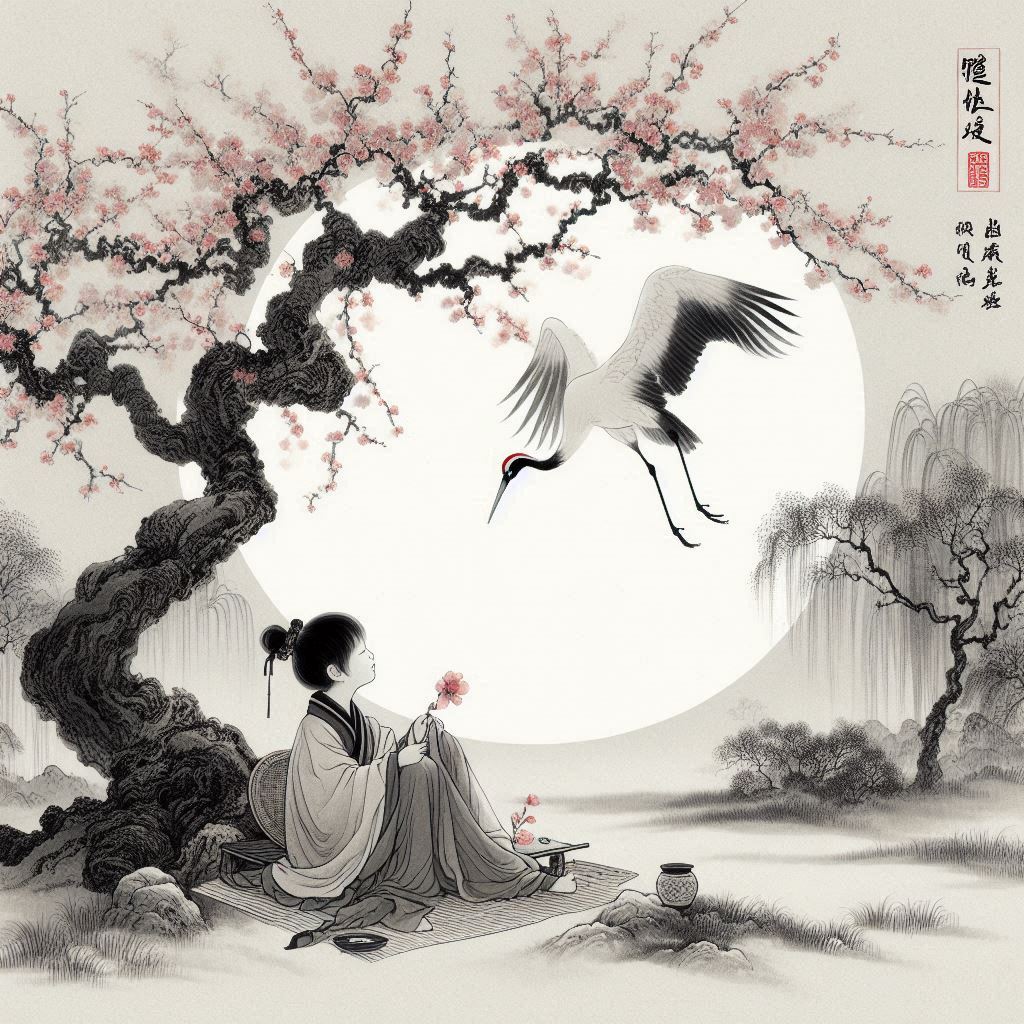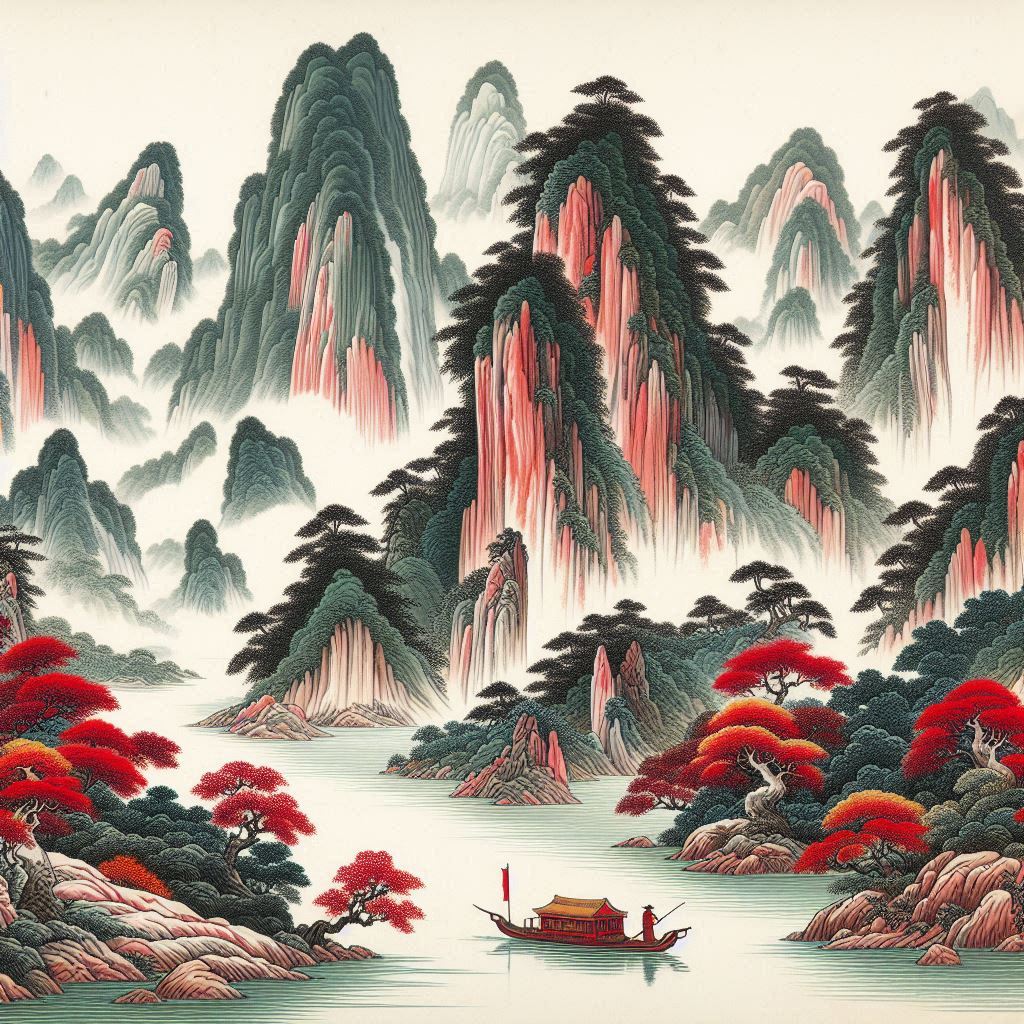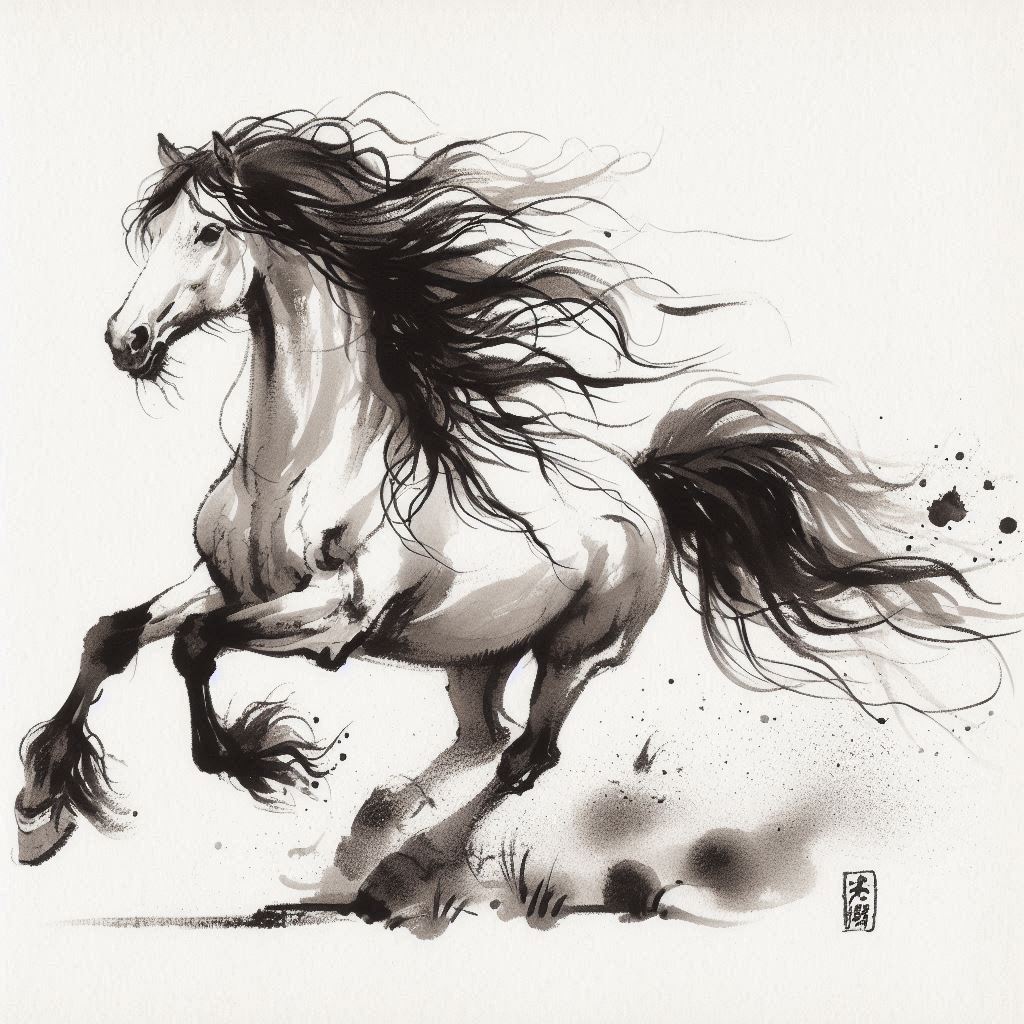Cause
- dampness in the Spleen
- living in a damp environment
- over-consumption of greasy, cold and raw foods
- over-consumption of greasy, hot and spicy foods, and alcohol
"Phlegm in the Lung" often originates in the Spleen(1)(4).
One of the functions of the Spleen in traditional Chinese medicine is to govern the water metabolism. It is in charge of the separation, transportation, and movement of fluids(1)(2). If the Spleen is deficient it cannot sufficiently transport fluids, which eventually will lead to accumulation of "internal dampness”.
In Five Elements theory the Spleen belongs to element Earth and the Lung belongs to element Metal. Metal is contained in earth thus Earth element “generates” Metal element. Since the Spleen belongs to element Earth and the Lung belongs to element Metal, the Spleen is in a “generating relationship” with the Lung. This means that if the Spleen is chronically imbalanced the Lung will become imbalanced as well, with the Spleen transferring its disharmony onto the Lung. Phlegm in the Lung can be viewed as "condensed" dampness transferred from the Spleen.
There are two types of phlegm – "cold phlegm" and "hot phlegm". Beside the above cause "cold phlegm" may be also caused by over-consumption of oily, greasy and "cold foods" (foods consumed straight out of the refrigerator as well as all raw foods). "Hot phlegm" may be caused by over-consumption of oily, greasy and "hot foods" (spicy foods, alcohol).
Living in a damp environment may also lead to the accumulation of "internal dampness" which may develop into "phlegm in the Lung".
If you want to learn more about the Lung and its functions from the perspective of traditional Chinese medicine go to "The Lung in Traditional Chinese Medicine" in the Physiology chapter.
Symptoms
- chest oppression
- shortness of breath
- cough
- cold-phlegm symptoms - cough with profuse white sputum
- hot-phlegm symptoms - barking cough with thick, yellow or green phlegm, asthma
Phlegm is heavy and obstructive in nature. Thus whether the phlegm is “cold” or “hot” there is chest oppression(1)(3), shortness of breath(1) and/or asthmatic breathing(3). The major symptom for “phlegm in the Lung” is cough(1)(3) as the Lung is trying to expectorate the phlegm. In the cases of “cold phlegm”, where the phlegm is more watery, the cough is accompanied by profuse white sputum(1)(3) that is easy to expectorate(1). As the phlegm is profuse lying down may worsen one’s condition(1)(4).
In the cases of “hot phlegm” the heat has condensed the phlegm making it yellow(3) or green(1)(3) in color and more difficult to expectorate. The cough is profound with a “barking” quality(1).
Treatment Approaches
To treat phlegm in the Lung it is important to address the underlying conditions that causes it such as “dampness in the Spleen” and “deficiency of Spleen Qi”. Please read the materials Deficiency of Spleen Qi and Dampness in the Spleen in the Physiology chapter to review how traditional Chinese medicine addresses these two conditions and more importantly what foods to avoid in order not to worsen them.
Phlegm in the Lung also needs to be addressed. White color spicy-hot and spicy-cold foods are beneficial (the white color corresponds to Element Metal thus is beneficial for the Lung).
To unlock the rest of this article select "Yes, I want to learn!" below.
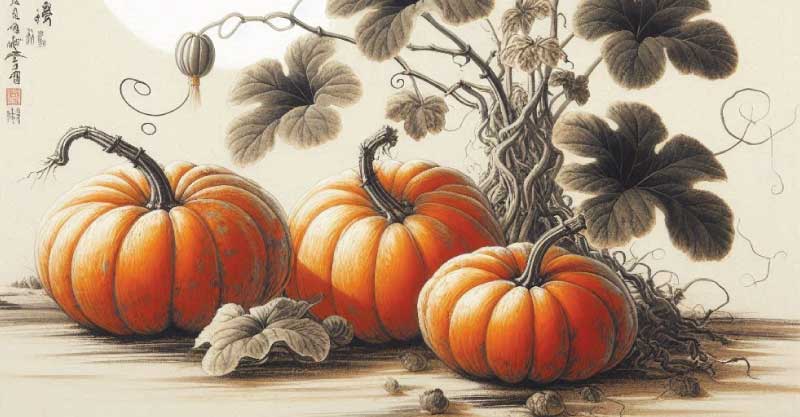
Food therapy is the most economical and non-toxic biochemical approach to health and disease. Food is something we continuously use to sustain our lives. Learning what foods are healing (and what disruptive) for each condition has the potential to convert every meal into a form of therapy.
YS
(1) Maciocia, Giovanni (1989). The Foundations of Chinese Medicine. Edinburgh: Harcourt Publishers Limited
(2) Zhang, Enqin (1990). Basic Theory of Traditional Chinese Medicine. Shanghai: Publishing House of Shanghai College of Traditional Chinese Medicine
(3) Deng Liangye, Gan Yijun, He Shuhui, Ji Xiaoping, Li Yang, Wang Rufen, Wang Wenjing, Wang Xuetai, Xu Hengze, Xue Xuiling, Yuan Jiuling (1987). Chinese Acupuncture and Moxibustion. China: Foreign Languages Press
(4) Yang Weiyi, Meng Fanyi, Jiang Yuanan(2002). Diagnostics of Traditional Chinese Medicine. Beijing: Beijing University of Chinese Medicine and Pharmacology
(5) Pitchford, Paul (2002). Healing with Whole Foods. Berkeley: North Atlantic Books
Related Articles
The Lung, season autumn, and the foods during autumn that benefit the Lung
Herbs that transform cold-phlegm and hot-phlegm
Herbs that relieve coughing and wheezing
Herbs for first stage wind attack
Herbs for second stage wind attack
Herbs that tonify Yin
Herbs that tonify the Qi and benefit Lung Qi
Please read our Disclaimer

